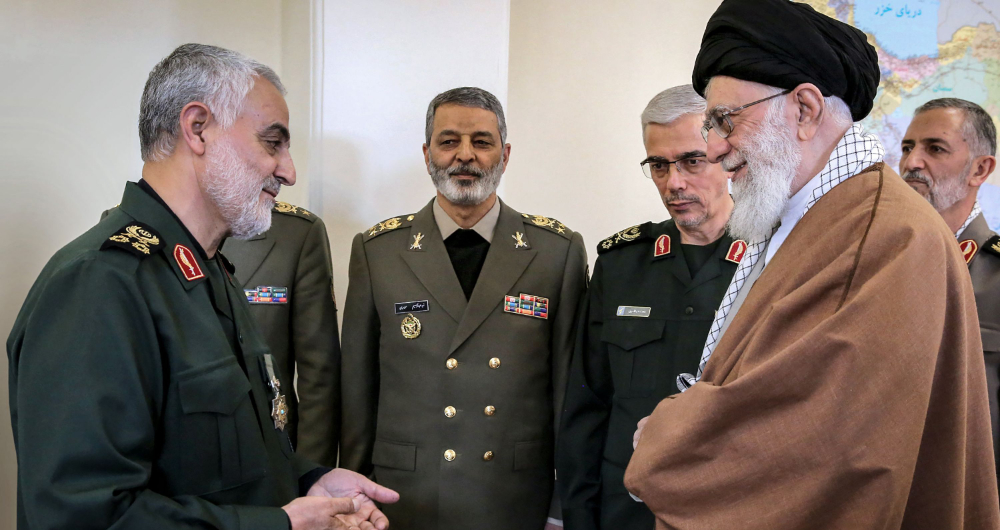Palestinian election hopes rise after rivals agree on poll plan
AMMAN: Hopes that the first Palestinian polls in almost 15 years will be held soon have received a major boost with rival factions Hamas and Fatah exchanging written approval of a democratic election process.
The official Palestinian news agency Wafa reported that President Mahmoud Abbas received a written letter from Ismail Haniyeh, head of Hamas political bureau, conveyed to him by Jibril Rajoub, secretary of Fatah Central Committee.
Abbas welcomed the letter’s contents “regarding ending the division, building partnership and achieving national unity through democratic elections, with full proportional representation — legislative and presidential elections, and the National Council — to be held simultaneously,” Wafa said.
The Palestinian president asked Hanna Nassir, chairman of the Central Elections Commission, to meet with him to discuss the procedures that should be followed to issue the election decrees, the news agency said.
The exchange of letters between the rival factions is a major step forward for internal Palestinian reconciliation efforts.
Abbas thanked Egypt, which sponsors the intra-Palestinian reconciliation talks, as well as Qatar, Turkey, Russia and Jordan, for their goodwill efforts in reaching the agreement.
Speaking during Fatah’s 56th anniversary, Rajoub told Al-Awdah TV that contacts have taken place with Egypt, Qatar and Turkey.
FASTFACT
The exchange of letters between the rival factions is a major step forward for internal Palestinian reconciliation efforts.
“We told them to keep us out of their internal problems and agendas. For the first time, Egypt says Fatah is not responsible for the continuation of the reconciliation. We have taken a number of steps to overcome the obstacles. Israel has been the head of the external factors that have wished for the reconciliation not to take place.”
One issue that appears to have been resolved is Hamas’ agreement to support the candidacy of Abbas for president, Rajoub said.
Nabil Shaath, a senior adviser to Abbas, told Arab News that Egypt has been playing a positive role in bringing the sides together.
“Egypt has a national interest in Palestinian unity which will be helpful in ensuring security.”
Hamadeh Faraneh, a member of the Palestine National Council, said: “A presidential decree confirming the date for elections would be welcome so long as it comes as a result of a political will.”
Hamadeh Kamal, who runs a training program for released prisoners, said that he hopes that Haniyeh’s letter will reverse the repeated sense of disappointment and defeat among Gazans.
“Gazans don’t see any value in meetings and letters while they are hungry and in need. They are sick and tired of the status quo and the repeated failures to accomplish a breakthrough.”
Hani Almasri a Ramallah-based analyst and head of the Masar think tank, said that many obstacles have yet to be overcome. “This is a positive move, but many difficulties remain.”
Wael Manameh, a political analyst from Gaza, said that he hopes Haniyeh’s letter to Abbas shows that Hamas is totally committed to ending the split and holding elections.
“We need to take this opportunity to end the division. Our people have no more patience with the division that has hurt our cause and left the occupied areas in a deteriorating economic situation made worse by the pandemic.”


Top diplomats from Jordan and Israel hold rare meeting on Palestine issueJordan urges Israel to stop undermining peace opportunities with Palestine



